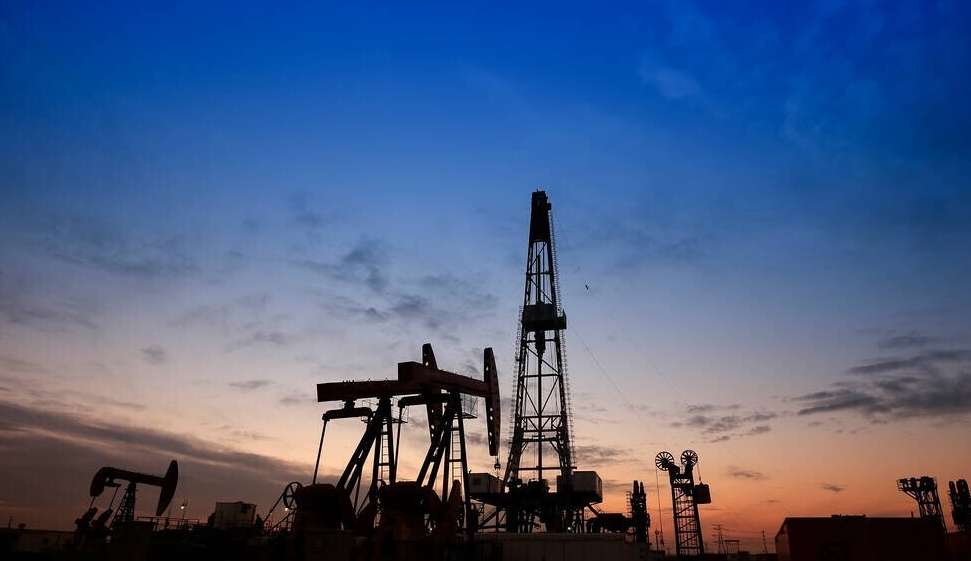In recent years, the energy relationship between Europe and Russia has undergone a remarkable transformation. As global political dynamics shift, particularly in light of escalating geopolitical tensions, Europe appears to be moving away from its long-standing dependence on Russian natural gas. This shift has not only altered the energy landscape across the continent but has also prompted widespread discussions about the implications of this energy transition: Who stands to gain, and who emerges as the loser?
To truly understand this evolution, it’s essential to reflect on the historical context. For many decades, Russia served as the largest supplier of natural gas to Europe, commanding a significant share of the market. In fact, the European Union relied on Russian gas for more than 40% of its needs, deeply intertwining the supply of gas with the heating of homes, production in industries, and day-to-day life across multiple countries. The vulnerability that came with this reliance became glaringly evident as political clouds began to gather.
In response to these challenges, European countries have embarked on a quest for alternative energy supplies. Nations like Norway, Algeria, and the United States have started to fill the void left by Russian gas. The diversification of energy sources has become paramount, and investments in renewable energy, such as wind and solar, have surged in efforts to achieve a more sustainable energy future. This ambitious pivot signifies a crucial step towards not just reliability in energy supply, but also towards environmental stewardship.
However, the transition has not been without its difficulties. Many countries find it challenging to entirely wean themselves off of Russian gas in a short timeframe. This struggle has resulted in extreme fluctuations in energy prices, leading to a spike in the cost of living for average citizens. Governments across Europe are wrestling with the pressing challenge of ensuring adequate energy supplies, particularly during cold winter months when demand peaks.

Who finds opportunity in this unfolding drama of energy? A key benefactor has been the new gas suppliers. The United States, as a major player in the liquefied natural gas (LNG) market, has seized the moment to significantly expand its presence in Europe. By ramping up exports to the continent, the U.S. has not only gained considerable economic benefits but has also bolstered its standing in the international energy arena. Likewise, Scandinavian countries such as Norway have leveraged the situation to strengthen their energy partnerships with European nations, providing much needed support as the bloc shifts away from Russia.
Moreover, companies involved in green energy are set to reap long-term rewards. As nations inject more funds into renewable energy initiatives, green technology firms are discovering vast market opportunities. The construction of wind farms, the development of solar projects, and the commitment to sustainable energy practices promise to create jobs and stimulate economic growth in a way that traditional energy sources could not offer.
Yet, not all parties are basking in the sunshine of these changes. The most apparent loser in this energy upheaval is, without a doubt, Russia. The loss of a critical market in Europe has delivered a harsh economic blow to the Kremlin. In a bid to counteract the fallout, Russia is seeking to pivot towards other markets, such as those in the Asia-Pacific region, including China. However, transitioning to these new markets presents substantial challenges, notably in adjusting to the differing demands and underdeveloped infrastructure that these alternatives entail.
Additionally, various traditional sectors within Europe that historically relied on Russian gas are suffering due to the rising costs associated with energy. With the surge in energy prices, many industries are confronting heightened operational costs, forcing them to adjust production plans, scale back output, and, in some cases, implement layoffs. This downturn poses a survival predicament for specific sectors grappling with economic strain.
The impact of this transformation extends to the general populace as well. Ordinary citizens find themselves increasingly burdened by the relentless uptick in energy prices, particularly during the winter months when heating costs soar. As a consequence, many households experience a significant squeeze on their budgets, augmenting their financial stress. Policymakers have been instituting measures intended to alleviate these burdens, but the effects of these interventions often take time to materialize.
In essence, Europe’s journey away from Russian natural gas is a protracted and intricate process. While efforts to find alternative energy sources are progressing, the path to energy independence is fraught with challenges. As global energy dynamics continue to evolve, Europe’s quest for energy security will likely encounter further obstacles as well as opportunities.
Ultimately, this newfound phase in Europe, characterized by a departure from Russian gas, marks a period of transition shaped by significant choices that will reverberate throughout future energy markets. As nations navigate this shifting landscape, those that can effectively capitalize on opportunities and adapt to the evolving environment will emerge as winners, while those unable to respond may find themselves sidelined in the competitive scramble for energy advancements.
It is to be hoped that Europe can genuinely achieve energy independence and embark on a more sustainable and secure path of development in the times to come!